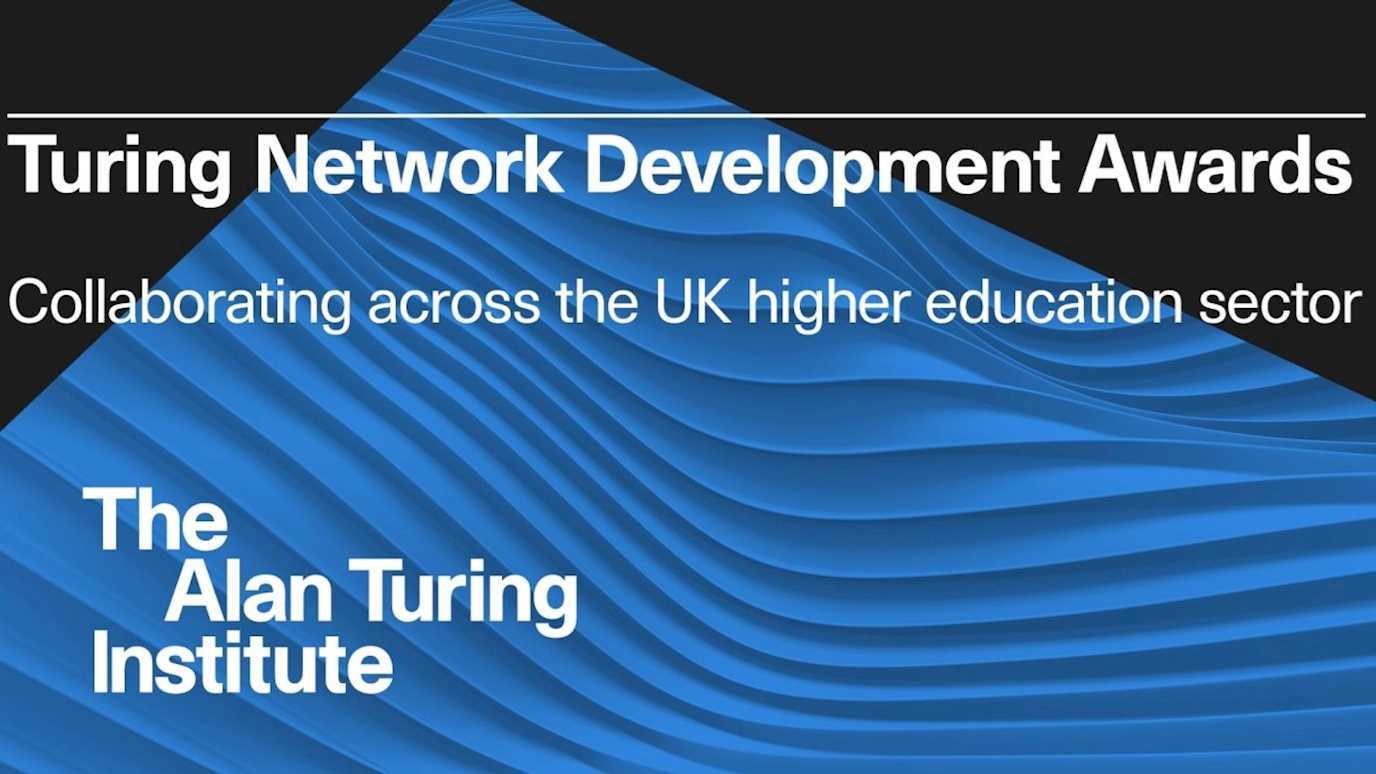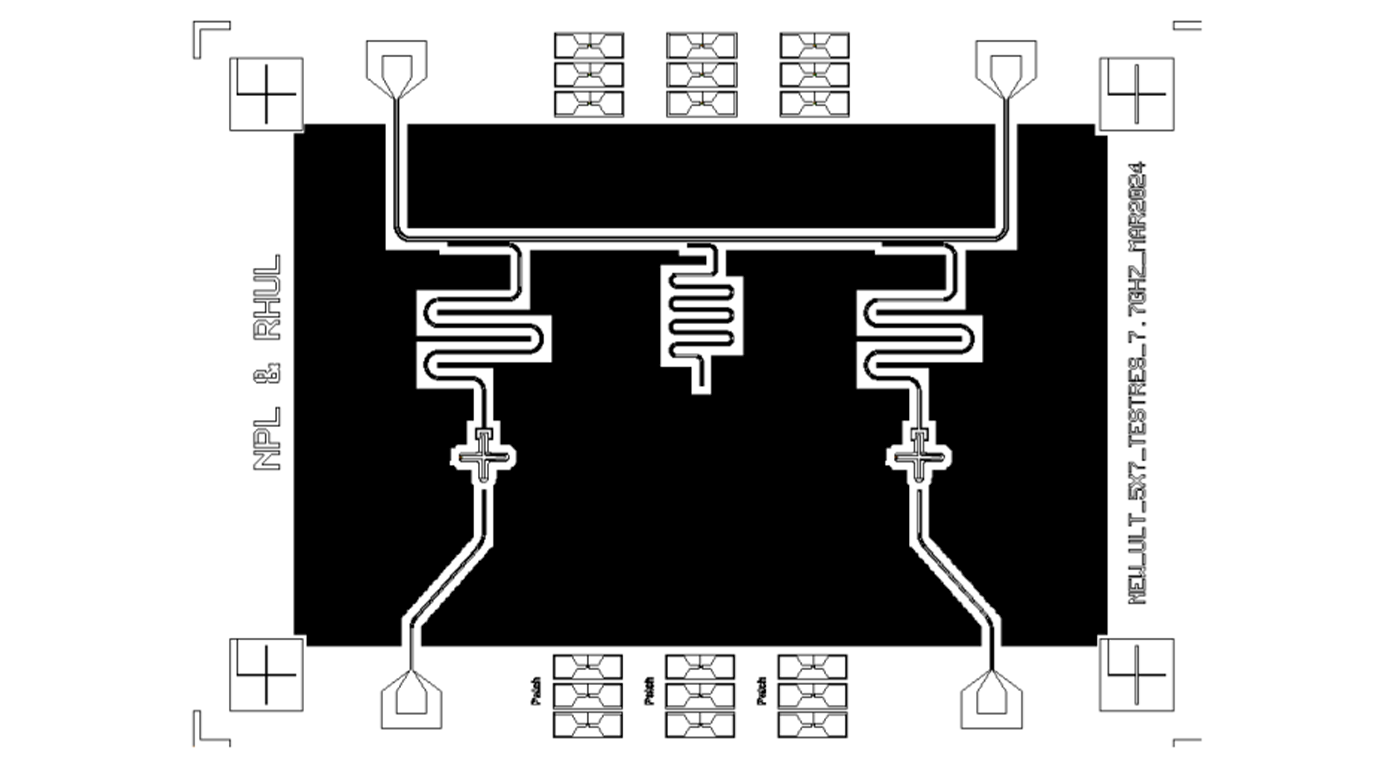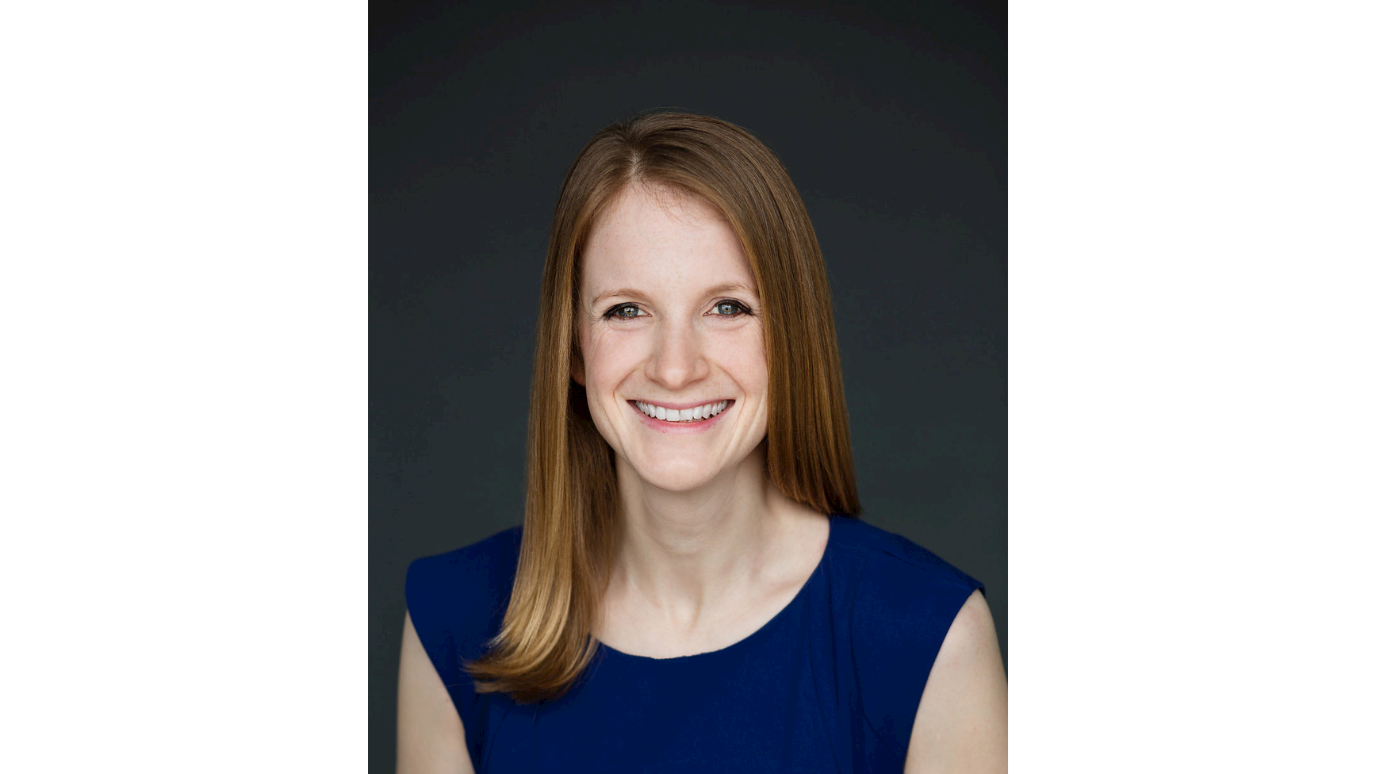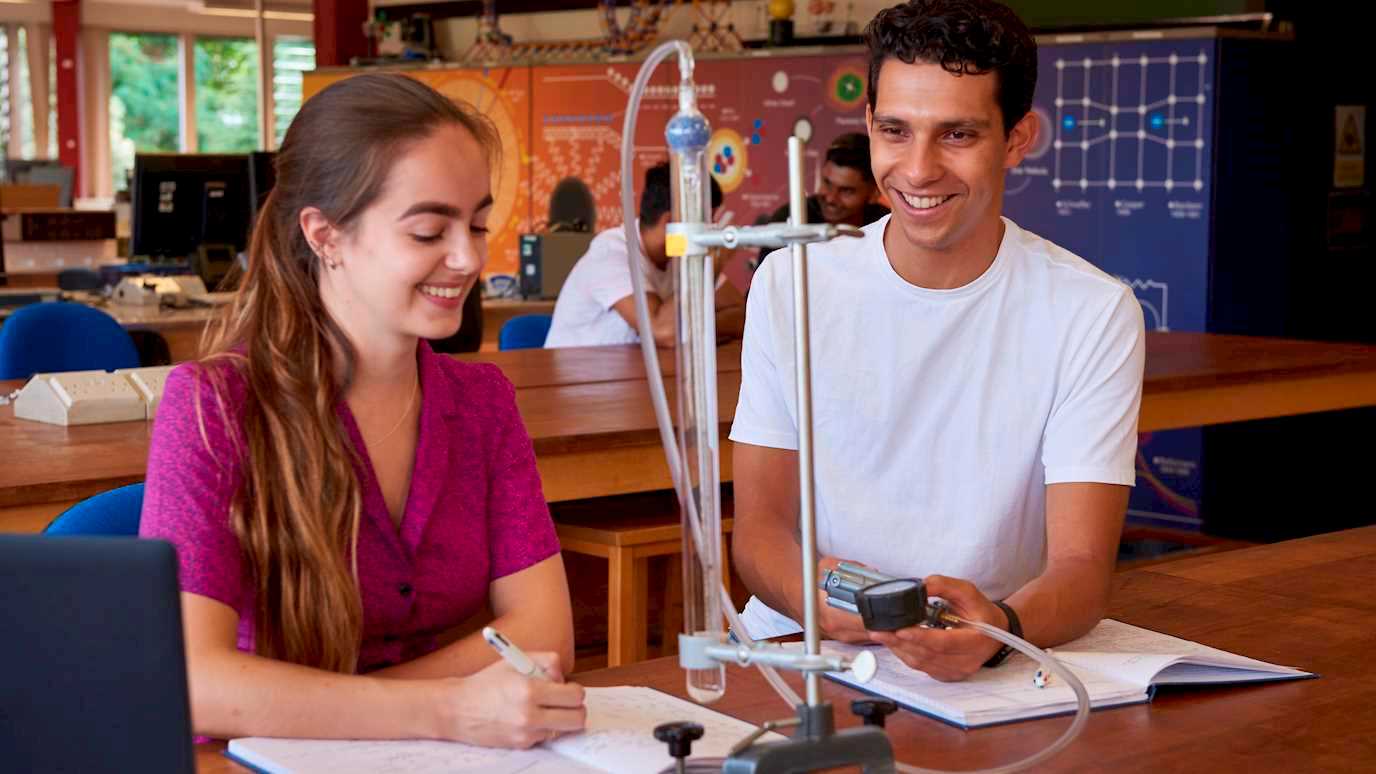The development award from the Alan Turing Institute has been given to Royal Holloway researchers Greg Ashton (Department of Physics) and Nicolo Colombo (Department of Computer Science).

Logo of the Alan Turing Institute. First line reads "Turing Network Development Awards". Second line reads "Collaborating across the UK higher education sector"
The award, which will establish a new multidisciplinary co-operation at Royal Holloway whilst sustaining engagement in the broader community, was given after a pitch made about the possible collaborations of physics and computer science by combining efforts from scientists in these fields to try and solve questions that otherwise would be discussed without the unity of both subjects.
The institute has named Royal Holloway amongst the 24 UK universities as the first-ever successful applicants to the Alan Turing Institute’s Network Development Awards. Often scientists will research a topic of interest and fall short in one aspect, as the sciences naturally are collaborative: physicists investigating the workings of colliding black holes and the collapse of neutron stars that produce gravitational waves, use computer science to enhance efforts in capturing data and extracting important information needed to quantify their theories. This is one very small example as physicists use computer science almost every day, however, computer science researchers will know far more about the inner workings of these codes and would be able to extend the use of technology in the physics field.
The amount of £25,000 will go towards funding seminars and workshops including a hack-a-thon to engage the school of Engineering, Physical and Mathematical Sciences (EPMS) in a push for an interdisciplinary community. The award will also allow ties with RHUL’s Digital Catalyst, which intends to answer timely, provocative questions such as ‘How do transformative digital technologies reconfigure the future of work, business model and processes, labour relations and economic production?’. The series of workshops and events will bring together researchers with fresh perspectives.
The first of these seminars will take place on March 2nd and invites researchers across the EPMS school to come together to tackle “impossible questions” by developing interdisciplinary approaches in artificial intelligence and machine learning. When speaking with Greg Ashton, he commented ‘it’s exciting to see what may be done when different disciplines of the EPMS school collaborate’.
























